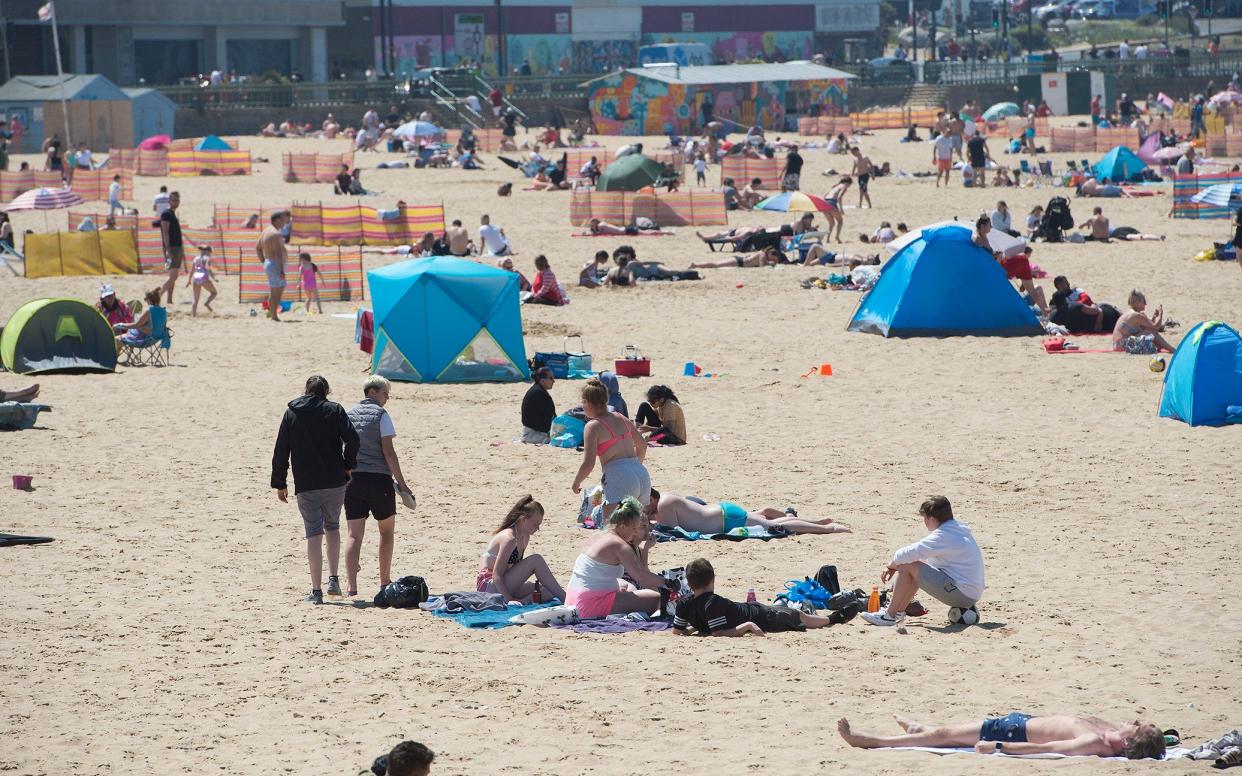Overnight visitors to the Kent coast could face tourist tax

A Labour council in a holiday hotspot is considering imposing a tax on tourists who stay overnight.
Day trippers would be among the few visitors spared from extra charges under plans being discussed by Thanet District Council in Kent.
The area attracts thousands of tourists every year to its seaside resorts such as Margate, Broadstairs and Minnis Bay.
The money-raising scheme would involve charging additional council tax on second homes and holiday lets, as well as levying a tourism tax on overnight stays.
A full tourist tax on those staying in short-term accommodation is popular in countries such as Canada, Spain, Germany, Belgium and France, but it is not currently permitted by law in England.
However, Manchester and Liverpool city councils, among others, have introduced a form of tourism levy via a legal workaround, known as an “accommodation BID”, payable by hotels and apartments.
Move welcomed by Tory opposition
Now, town hall chiefs in Thanet have revealed they are exploring options to boost council finances.
A report from the council’s oversight and scrutiny panel on April 16 said the authority needed to “actively investigate opportunities to maximise income to the council from the visitor economy to help balance its costs”.
“We want a booming visitor economy but we are acutely aware of the additional costs visitors bring, so we need to make every effort to secure income for the council to set against those costs,” it added.
“For example, levying additional council tax on second homes, levying a modest tourism tax on overnight stays, ensuring holiday lets contribute to funding the costs they impose and taking a robust approach with Southern Water over beach pollution and exploring opportunities to provide paid-for facilities like beach huts with facilities for overnight stays.”
The move was welcomed by Councillor Reece Pugh, the Conservative opposition leader, who said it was “really encouraging” and “a step in the direction”.
Thanet recorded 330,200 overnight stays in the county last year according to Visit Kent – and 680 businesses rely on tourist income to stay afloat, according to Kent County Council.
While some cities have used legal loopholes, the UK Government said last September that it had no plans to introduce primary legislation to empower councils to make tourist taxes more widespread.
In Manchester, the BID levy is expected to raise £3.5 million to £3.8 million per year between 2023 and 2028, while in Liverpool it is expected to fetch £939,000 per year by 2025.
The Scottish Government has introduced legislation permitting local authorities to levy tourist taxes on short-stay accommodation, and the Welsh Government plans to introduce similar laws in the Senedd.
Second home owners have faced tougher crackdowns, with Telegraph analysis finding that Tory taxes have added more than £13,000 to the cost of buying and owning a second home in the past decade.

 Yahoo News
Yahoo News 
